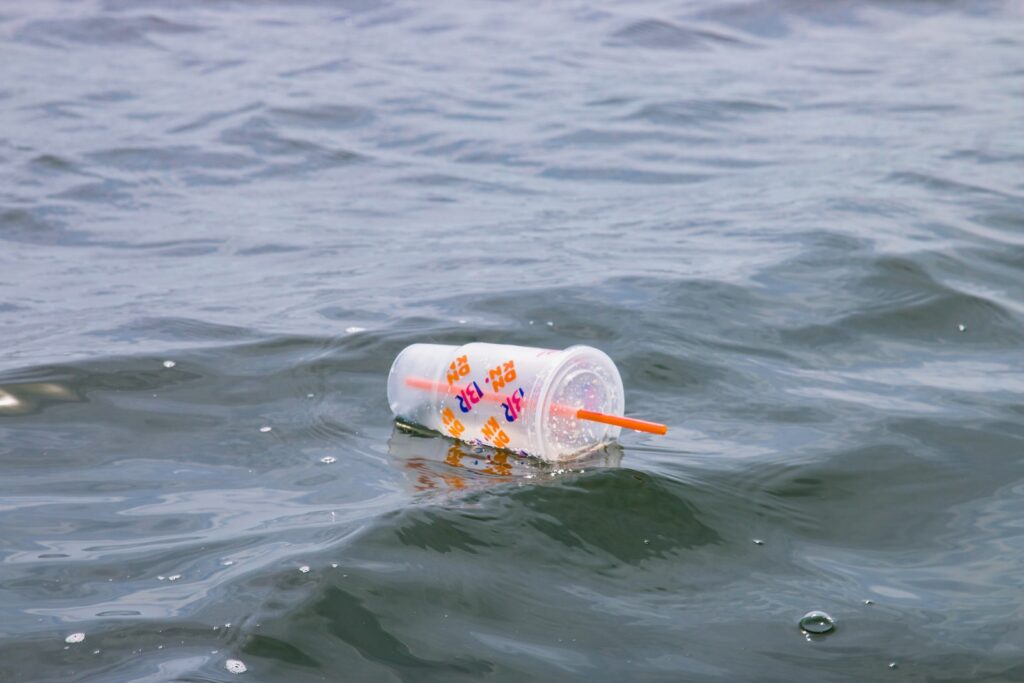Plastic consumption in G20 set to almost double by 2050
Plastic consumption growth is showing no signs of slowing down and is set to almost double in G20 nations by 2050, despite some measures to curb the use of single-use plastics.
New research says current policies are not enough to bring about peak plastic consumption by 2050 in the world’s 20 biggest economies, with plastic production predicted to reach 451 million tonnes (mt) by 2050.
Conducted by research unit Back to Blue, the report highlighted the inadequacies of current legislature, as annual global plastic waste almost doubled between 2000 and 2019, reaching 353mt in 2019.
The group urged policymakers to bring in sweeping reforms to tackle plastic pollution, as microplastics from plastic waste are now incredibly widespread and pose a threat to human health.

Back to Blue modelled three global plastic production scenarios which cover the entire lifecycle of plastic and found that only bold policies will make a difference.
While none of the three potential scenarios ensured a peak in plastic by 2050, a combination of all three made a dent, limiting growth to 1.25 times the 2019 figures compared to the baseline forecast of 1.73 times.
A global ban on single-use plastics (SUPPs) could have the best impact on plastic pollution, while extended producer responsibility (EPR) will have a minimal impact but is still crucial to have in place.
This would ensure producers cover the cost of collecting and recycling packaging, improving recycling rates and preventing plastic from leaking into the environment.
The group also said a carbon tax on virgin plastic is key if aggressive, as an environmental tax could redress the true cost of plastic pollution to society.
As policymakers negotiate a global plastics treaty, with a mandate to create the treaty by end of 2024, its hoped an agreement can be reached to tackle out of control pollution.
Yonathan Shiran, partner and plastic lead at advisory firm SYSTEMIQ, said: ‘It is critical that the treaty addresses these SUPPs. Our analysis shows that flexible and multi-layer packaging accounts for 80% of all municipal solid-waste packaging that is leaked into the environment … If we can deal with SUPPs, then we will have made a massive improvement from a plastic pollution perspective.’
Photo by Brian Yurasits












